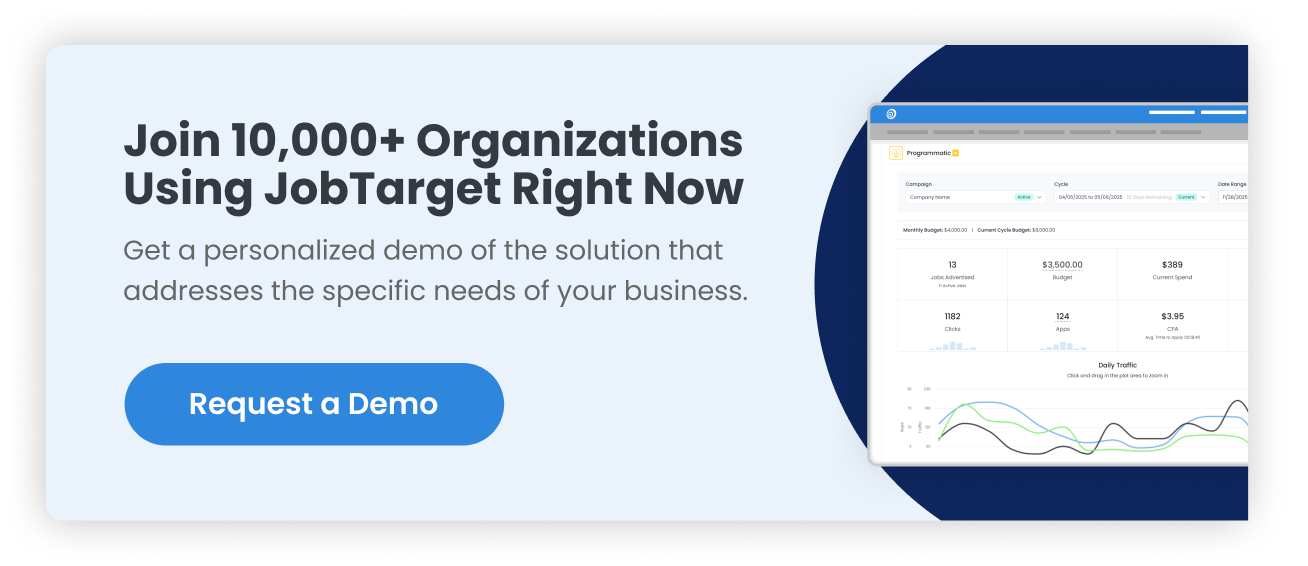As a federal contractor, you need to stay on top of OFCCP compliance regulations or risk your organization being faced with violations and/or financial remedies. However, new and seasoned federal contractors alike can struggle to balance all of the compliance requirements, from the creation of your Affirmative Action Plan(s), to posting job ads to State Job Banks and proper recordkeeping in the event of an audit.
We sat down with former OFCCP Compliance Officer, Will Waymel, to talk about common pitfalls federal contractors can miss. Will is currently responsible for directing affirmative action program development and implementation, auditing, and training for Kairos Services, Inc. Combined with his previous experience as a Compliance Officer at the OFCCP, this provides a unique perspective on the agency’s practices.
In your experience, what is the #1 way an organization gets themselves in trouble with the OFCCP?
Well, there are two kinds of trouble. Financial liability due to discrimination allegations, and technical compliance trouble. Neither is fun, but I know which I would prefer!
The most likely ways a company gets in financial trouble are hiring and compensation. In hiring, the number one issue would be failure to disposition candidates consistently and accurately, though there are so many ways to go wrong here. In compensation, it is common for companies to proactively conduct pay studies to ensure pay is aligned with the market but ignore race/ethnicity & gender. Failure to conduct those compensation analyses can lead to substantial liabilities.
The most common technical violations are failure to conduct appropriate outreach and recruitment for individuals with Disabilities & Protected Veterans, and failure to list employment openings with State Workforce Agencies, as required by the Vietnam Era Veterans' Readjustment Assistance Act (VEVRAA) regulations.
Is there a guideline that new federal contractors often overlook because they don’t know better?
The annual documented self-audit for veterans and individuals with disabilities, especially a written assessment of outreach & recruitment efforts and an overall assessment of those efforts are constantly overlooked because they are still relatively new requirements (2014).
What is the biggest challenge for seasoned federal contractors when it comes to remaining compliant?
Failure to conduct compensation analyses by race/ethnicity & gender. These analyses are complex and can be costly, require management buy-in and can be somewhat controversial. On the hiring side, creating a system to properly incentivize recruiters and managers to properly disposition applicants is elusive, even when they have been adequately trained.
What is something new you saw from the OFCCP in the past year that you and your clients had to be ready to address?
OFCCP’s focused audits included requests for floorplans showing disability access and video walkthroughs (these were new due to both the virtual nature of on-site audits during the pandemic as well as the new focused audit types.) It remains to be seen whether OFCCP will continue to do virtual on-sites audits in the future.
What OFCCP areas of interest should organizations be aware of in 2021?
The new Director of OFCCP, Jenny Yang, has indicated compensation will be a major focus area.
OFCCP is inching toward creating a method to substantially increase either the number of audits it conducts - or the data it collects from contractors to be able to do more targeted audits. I would keep an eye on OFCCP’s Affirmative Action Verification Initiative. This new initiative will likely require federal contractors to verify their status as a federal contractor with a compliant Affirmative Action Plan but may also be a mechanism to require federal contractors to upload data.








